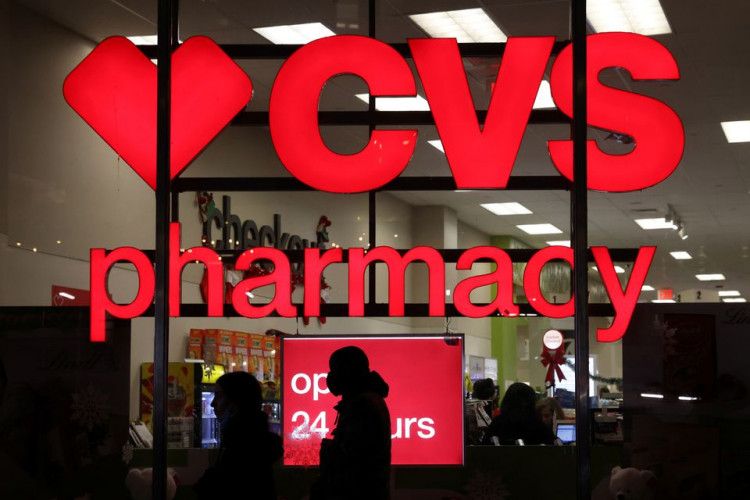CVS Health Corporation (CVS) has once again revised its profit outlook for 2024, marking the third consecutive quarter the healthcare giant has had to lower its forecast. The company attributed the latest downgrade to escalating medical costs, which have been squeezing its insurance business. In a related move, Aetna President Brian Kane, the top executive of the CVS-owned insurance unit, will leave the company immediately, with CEO Karen Lynch taking over his responsibilities.
The company reported second-quarter earnings that exceeded expectations, with adjusted earnings per share (EPS) of $1.83 compared to the $1.73 anticipated by analysts polled by LSEG. However, despite this earnings beat, CVS lowered its full-year adjusted EPS guidance to a range of $6.40 to $6.65, down from a previous forecast of at least $7. Analysts had been expecting $6.97 per share for the full year. Unadjusted earnings guidance was also cut to between $4.95 and $5.20 per share, down from at least $5.64 per share.
"This adjustment reflects continued pressure on our health insurance segment due to rising medical costs and the unfavorable impact of our Medicare Advantage star ratings," said CEO Karen Lynch in a statement.
The company's insurance division, which includes plans by Aetna for the Affordable Care Act, Medicare Advantage, and Medicaid, has been particularly hard hit. Insurers across the board, such as UnitedHealth Group, Humana, and Elevance Health, have seen medical costs surge as more Medicare Advantage patients return to hospitals for procedures they delayed during the pandemic, including joint and hip replacements.
Medicare Advantage, a privately run health insurance plan contracted by the federal Medicare program, has long been a growth driver for the industry. However, Wall Street is increasingly concerned about the escalating costs associated with these plans, which now cover more than half of all Medicare beneficiaries.
In the second quarter, CVS posted net income of $1.77 billion, or $1.41 per share, down from $1.90 billion, or $1.48 per share, in the same period a year ago. Revenue rose 2.6% to $91.23 billion, driven by growth in its pharmacy business and insurance unit, although this was slightly below the expected $91.5 billion.
The company's health services segment, which includes its pharmacy benefit manager Caremark, saw a decline in sales during the quarter. CVS attributed this to price improvements for pharmacy clients and the loss of a significant, unnamed client.
Lynch addressed analysts on Wednesday, highlighting a planned multi-year, $2 billion cost-cutting program that will involve increased use of artificial intelligence and automation, as well as rationalizing the business portfolio. CVS is also nearing the completion of a three-year plan to close 900 stores, having already shuttered 851 locations.
Despite these challenges, Lynch expressed confidence in the company's ability to navigate the current headwinds. "We continue to feel optimistic about our trajectory, with multiple building blocks for improving margins over the coming years," she said. One such strategy includes new price hikes for Disney+ and Hulu plans, set to take effect in October.
The leadership shakeup at Aetna will see CVS CFO Thomas Cowhey and Chief Strategy Officer Katerina Guerraz taking on additional responsibilities within the insurance unit. This move aims to stabilize the segment amid rising costs and regulatory pressures.
While the company's pharmacy business remains robust, filling more prescriptions in the second quarter, it too faced tighter reimbursement rates. Additionally, store sales outside the pharmacy declined as customers purchased fewer COVID-19 test kits.
Overall, CVS Health's profit dropped more than 7% to $1.77 billion in the quarter. The company's adjusted operating income from its health benefits business plummeted 39% to $938 million, significantly impacting overall profitability.
Looking ahead, CVS Health's revised forecast projects adjusted per-share earnings for the year to be between $6.40 and $6.65. Wall Street had been expecting $6.96 per share, according to FactSet. Shares of the Woonsocket, Rhode Island-based company fell slightly in premarket trading following the announcement and have already shed a quarter of their value this year, while the S&P 500 index has climbed about 10%.





